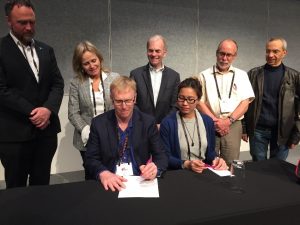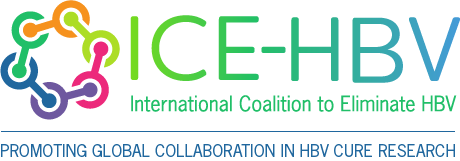Chronic hepatitis B, which is the leading cause of serious illnesses including liver cirrhosis and liver cancer, is a significant public health problem in the Asia Pacific region, affecting over 120 million people. It is estimated that fewer than 10% have been diagnosed, and less than 1% are receiving antiviral treatment. The World Health Organization has called for the elimination of hepatitis B as a public health threat by the year 2030. This can only be achieved through a massive increase in global prevention, public education and treatment and cure efforts that are undertaken in partnership with all concerned stakeholders, including those living with hepatitis B, with clear and agreed strategies to follow.
We support the recent strategic Roadmaps for HBV Cure from the Hepatitis B Foundation, International Collaboration to Eliminate HBV (ICE-HBV), and the World Hepatitis Alliance’s “Find the Missing Millions” campaign. We endorse the World Health Organization’s Global Health Sector Strategy on Viral Hepatitis 2016-2021, including the specific 2030 elimination goals that were agreed upon by all members of the World Health Assembly. To achieve these goals, we call for a substantial increase in government and industry funding dedicated for increased testing and molecular diagnostics, treatment and curative HBV research, and to facilitate equitable, affordable and universal access to an HBV cure within the next ten years.
The Melbourne Declaration was signed on October 5th 2019, by leaders of ICE-HBV, The Peter Doherty Institute for Infection and Immunity, the WHO Collaborating Centre for Viral Hepatitis, the Burnet Institute, the Hepatitis B Foundation, ANRS, Sidney Vo ( ommunity member) and was endorsed by the International Hepatitis B Meeting.

